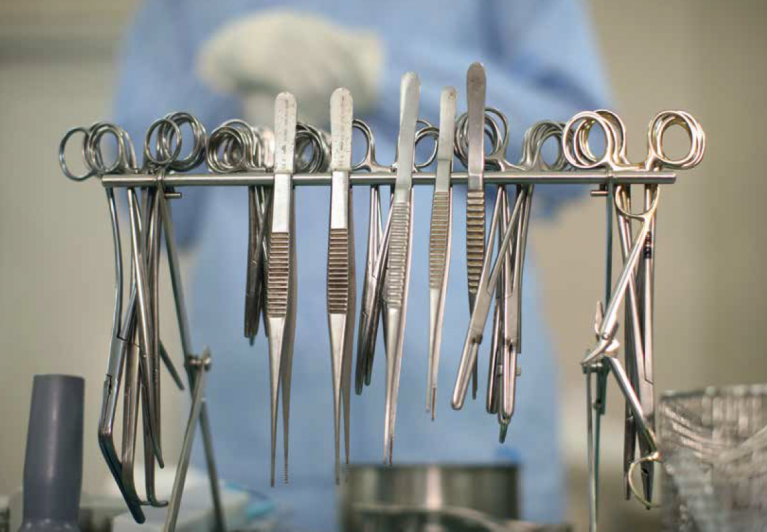This report is a component of a multi-stakeholder programme led by the Ethical Trading Initiative in partnership with the Pakistan Institute of Labour Education and Research (PILER).
Pakistan is a major exporter of high-quality surgical instruments, produced in the Sialkot region, that are used in public and private health authorities in Europe and the USA. Over the past decade a number of in-depth studies have highlighted instances of severe labour exploitation and child labour within the industry. There have been some improvements in compliance with international labour standards from exporting factories in Sialkot. However, there is little visibility or oversight of the lower tiers of the supply chain where exploitation is known to be prevalent.
This report builds on existing knowledge of the sector and its challenges. It set out to understand the root causes of poor labour standards and to identify the actual and potential roles and responsibilities of all of the key stakeholders in the global value chain. The aim was to identify recommendations that could deliver longterm solutions to these complex, endemic problems.

High volumes of surgical instruments are produced in the Sialkot region of Pakistan
